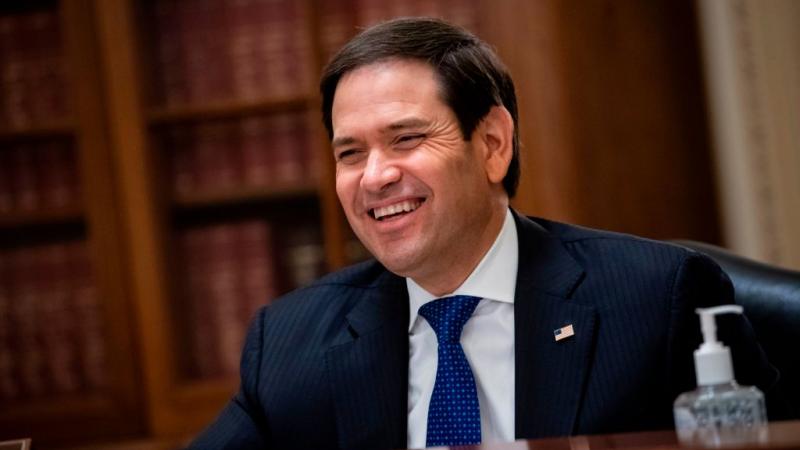Former Trump defense and diplomacy officials warn of WWIII, say China like Germany before WWI
'Germany initially pursued a path of economic growth and expanded influence, only to embark on an arms race that created the conditions for World War I. The signs are ominous that China may choose a similar path today.'
Two former Trump Defense and State Department officials warn the United States could head toward another world war if China is not properly contained, saying China today during the coronavirus looks like Germany just prior to starting World War I.
"In the early 20th century, a newly unified Germany initially pursued a path of economic growth and expanded influence, only to embark on an arms race that created the conditions for World War I. The signs are ominous that China may choose a similar path today," Elbridge Colby and A. Wess Mitchell wrote in a Wall Street Journal oped Thursday. "This is a consequential moment and China’s leaders have critical choices to make. History is replete with examples of rising powers that grew more aggressive after losing the ability to glide to dominance."
Under Trump, Colby served as deputy assistant secretary of Defense for strategy and force development, and Mitchell served as assistant secretary of State for European and Eurasian affairs. They urged the United States to further engage with countries like Japan, Australia, Taiwan, India, and Vietnam to deter Chinese aggression. They also argue that Europeans need to be able to handle more of their own defense to allow the United States to turn its add its attention to the Pacific. The Obama administration often spoke of a "pivot to Asia," though it received mixed reviews in execution.
"The best way for an established power like the U.S. to meet a challenge from a rising, ambitious state like China is to demonstrate as quickly as possible the inadvisability of doing what Germany did," write Colby and Mitchell, who founded the Marathon Initiative, an advisory firm. "This means jettisoning the old policy of hoping growth and enmeshment will turn China into a country that plays by established rules. Rather, the U.S. should align with countries that share its interests in Asia, Europe and beyond. A unified front will make China think twice about taking the German path."
















